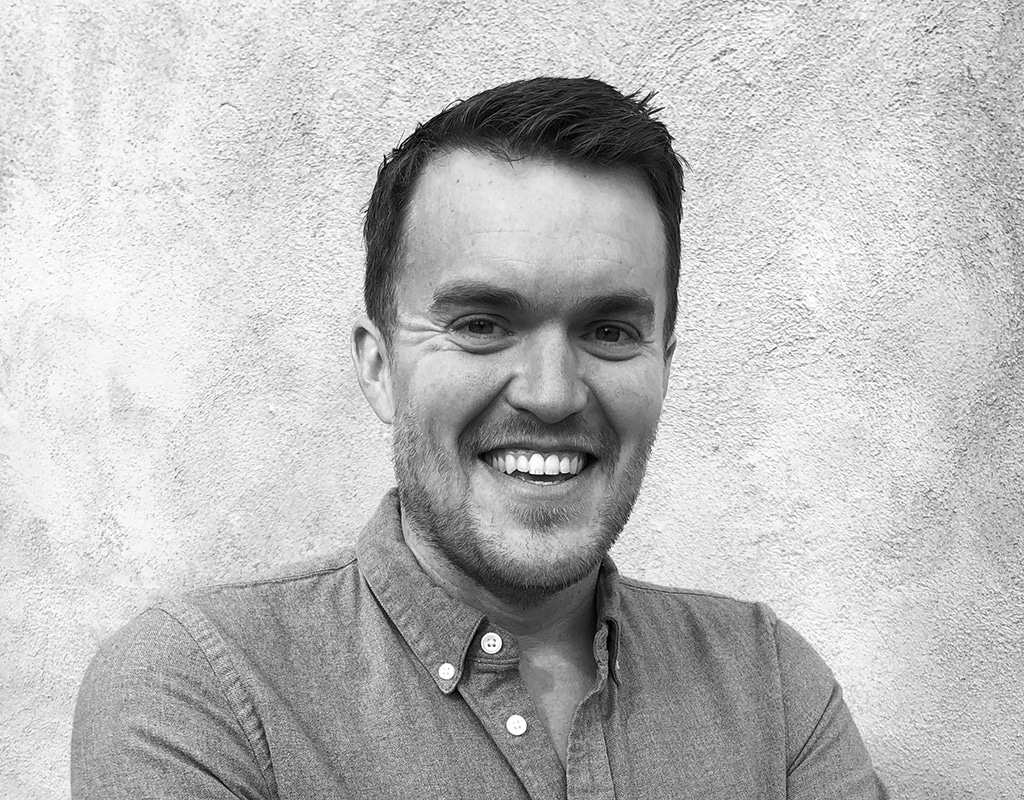CAC’s Financial Philosophy: “How you do anything is how you do everything.”

When Richard Rohr founded the Center for Action and Contemplation (CAC) in 1987, his vision was to provide spiritual grounding for a movement of contemplative activists and prophetic leaders—an “underground seminary” that would teach the path of praxis and prayer. Over the years, we grew from a mom-and-pop shop of volunteers mailing cassette tapes and hosting local retreats into a professional organization serving hundreds of thousands of people every day.
As we have grown and changed, the values behind our work remain consistent. However, the ways in which we seek to practice them have to evolve with us. One question that has been a source of constant reflection has been how we, as an institution, relate to money.
In part, this preoccupation reflects Fr. Richard’s unique Franciscan values and practices. Francis, of course, rejected his inheritance as the son of a wealthy businessman and practiced an extreme form of asceticism. The Franciscan order remains one of the most widely recognized examples of voluntary simplicity in the world today.
However, it’s about more than values. It’s also about how we understand our mission, and the kinds of relationships we want to foster with our community in order to be faithful as conduits of contemplative wisdom.
In the spring Mendicant, Fr. Richard wrote, “Our attitude toward the earning, giving, losing, and receiving of money is about as good a measure for our giving and receiving of love as anything I know. . . . We are either flow people, or dam (!) people.” In other words, our relationships with money—whether as individuals or for CAC as an institution—reflect the character of our relationships with everything!
If that’s the case, then the way we relate to money at CAC needs to support relationships with our community that are most conducive to our mission of spiritual awakening and transformation—for example, relationships that are transformational rather than transactional, honor God in every person and thing, and reflect an abiding posture of trust. We must ask ourselves, “Will CAC be a ‘flow’ institution or a ‘dam (!)’ institution?” Like Fr. Richard’s metaphor of the trinitarian waterwheel, we want to give and receive with receptivity and love.
These aren’t just abstract ideas. The choice to be a “flow” or “dam” organization has direct bearing on practical decisions we make every day. That’s why we worked over the past year to develop CAC’s first Financial Philosophy, to codify our values and teachings around money into clear organizational commitments. We started by listening to Fr. Richard reflect on relevant theological and spiritual themes and ended with principles and practices we can implement on a day-to-day basis.
The resulting document incorporates goals around offering more programming “in the gift,” where participants offer financial gifts commensurate with both their ability to share and desire for others to benefit from the same experience (rather than always relying on the shortcut of a market-based price). We examined why and how we ask for money to support our work and committed ourselves to adopting approaches to monetary transactions that are humanizing for both givers and receivers. Another section aims to help us discern our definition of “need,” and commit to the redistribution of some of what we receive to partners in our community who don’t have the same access to resources.
The Financial Philosophy provides a new grounding for our ongoing experimentation and reflection on how organizations like ours can help realize our mission through an alternative praxis around money. Ultimately, our aim is to build relationships that help us all to wake up to the sacredness of everything and relate to money as nothing more (or—perhaps even more daringly—nothing less!) than a tool for building a world that reflects that reality.
Both individuals and institutions like CAC have a key role to play in that task, and I hope our work can support not only CAC but also others in our community who are wrestling with similar questions. In truth, we were inspired by many examples of bold and prophetic action taken by other pioneers ahead of us (especially some of the women’s religious orders). And, of course, we were only able to ask the questions because of the incredible generosity of this community of partners in our mission.
Michael Poffenberger
Executive Director
Center for Action and Contemplation
Michael Poffenberger has been the CAC’s executive director since 2014, after first serving on the board of directors. A graduate of Notre Dame, Michael served previously as executive director of Resolve, working alongside religious and civil society leaders to build peace and aid war-affected communities in Central and East Africa. He serves as board chair for Invisible Children. Michael delights in spending time with his daughter, Madeleine. This article originally appeared in The Mendicant.
The Center for Action and Contemplation, its Core Faculty, and Board of Directors invite you to accompany us on this journey of transformation as we do the challenging work of reclaiming our founder’s vision for action and contemplation in a time of global change and contemplative renewal.
Returning to the Center will be an opportunity to reflect together with our community on our discoveries and growing pains as an institution on the path of praxis and prayer, action and contemplation. You can expect regular updates on our progress in this work as well as institutional history, community stories, staff essays, videos, and even opportunities to contribute. You will find the latest posts on our website as well as social media and in the News from New Mexico, the CAC’s monthly newsletter. We welcome your feedback!